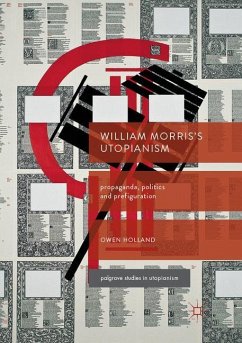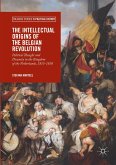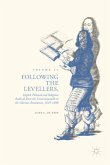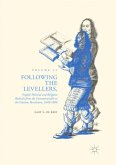This book offers a new interpretation of William Morris's utopianism as a strategic extension of his political writing. Morris's utopian writing, alongside his journalism and public lectures, constituted part of a sustained counter-hegemonic project that intervened both into the life-world of the fin de siècle socialist movement, as well as the dominant literary cultures of his day. Owen Holland demonstrates this by placing Morris in conversation with writers of first-wave feminism, nineteenth-century pastoralists, as well as the romance revivalists and imperialists of the 1880s. In doing so, he revises E.P. Thompson's and Miguel Abensour's argument that Morris's utopian writing should be conceived as anti-political and heuristic, concerned with the pedagogic education of desire, rather than with the more mundane work of propaganda. He shows how Morris's utopianism emerged against the grain of the now-here, embroiled in instrumental, propagandistic polemic, complicating Thompson'sand Abensour's view of its anti-political character.
Bitte wählen Sie Ihr Anliegen aus.
Rechnungen
Retourenschein anfordern
Bestellstatus
Storno









